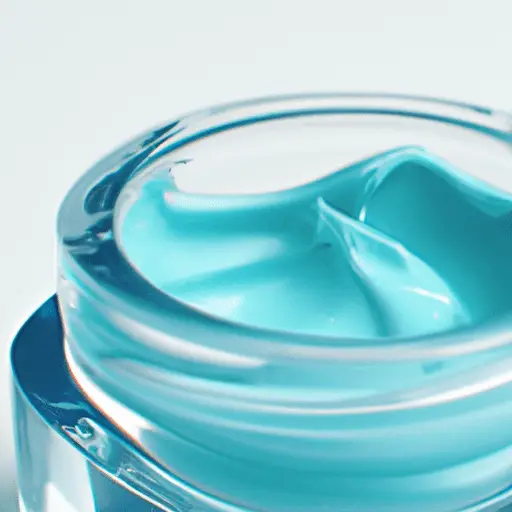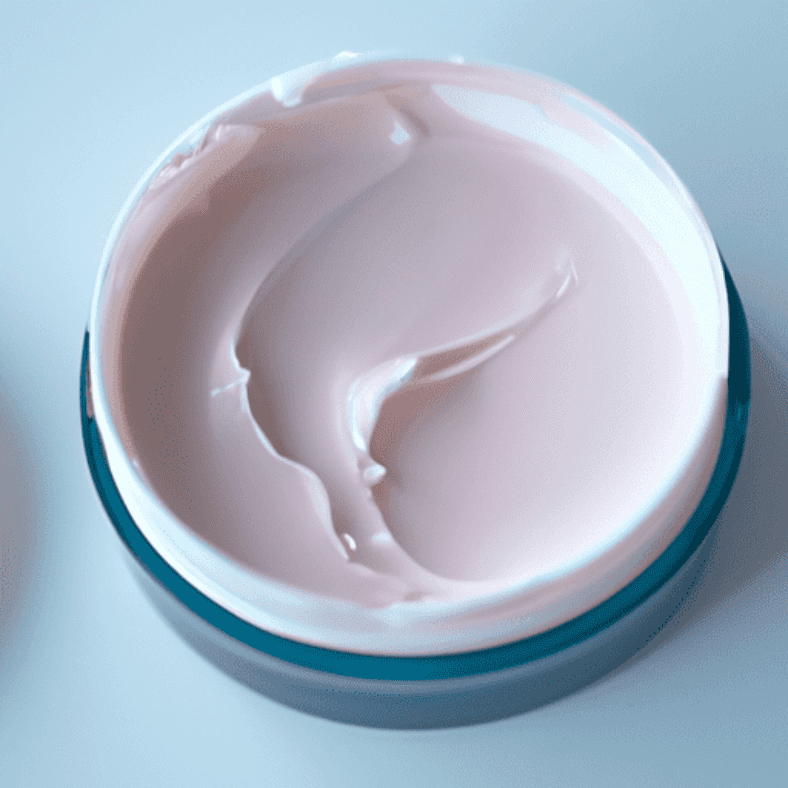-
Table of Contents
Exploring the Benefits of Salicylic Acid in Skincare

[youtubomatic_search]
Key Takeaways
- Salicylic acid is a potent skincare ingredient with numerous benefits, including exfoliation, acne treatment, and inflammation reduction.
- Despite its benefits, salicylic acid can cause side effects such as skin irritation and dryness, especially when used excessively.
- Experts recommend starting with a low concentration of salicylic acid and gradually increasing it as your skin adjusts.
- Salicylic acid is found in a variety of skincare products, including cleansers, toners, and spot treatments.
- It’s essential to use sunscreen when using salicylic acid, as it can increase your skin’s sensitivity to the sun.
Unveiling the Power of Salicylic Acid
Salicylic acid, a beta hydroxy acid (BHA), has long been a staple in skincare routines due to its ability to penetrate the skin’s surface and unclog pores. It’s a potent exfoliant that can help treat a variety of skin conditions, including acne, psoriasis, and warts.
The Magic Behind Salicylic Acid
Salicylic acid works by dissolving the type of skin debris that clogs pores and causes acne. It also helps reduce inflammation and redness, making it an effective treatment for inflamed pimples and pustules. According to a study published in the Journal of Dermatological Treatment, salicylic acid can significantly reduce acne lesions and improve skin texture.
Salicylic Acid: A Double-Edged Sword
While salicylic acid offers numerous benefits, it’s not without potential side effects. Overuse can lead to skin irritation, dryness, and peeling. It’s also not recommended for those with dry or sensitive skin. According to Dr. Joshua Zeichner, Director of Cosmetic and Clinical Research in Dermatology at Mount Sinai Hospital in New York City, “Salicylic acid can be drying, so it’s important to use it in a controlled manner.”
How to Use Salicylic Acid Effectively
Experts recommend starting with a low concentration of salicylic acid and gradually increasing it as your skin adjusts. It’s also crucial to use sunscreen when using salicylic acid, as it can increase your skin’s sensitivity to the sun. According to the American Academy of Dermatology, using a broad-spectrum sunscreen with an SPF of 30 or higher can help protect your skin from harmful UV rays.
FAQ Section
- What is salicylic acid? Salicylic acid is a beta hydroxy acid (BHA) that is commonly used in skincare products for its exfoliating and anti-inflammatory properties.
- What are the benefits of salicylic acid? Salicylic acid can help treat acne, reduce inflammation, and improve skin texture. It also helps unclog pores and reduce the appearance of blackheads and whiteheads.
- What are the side effects of salicylic acid? Overuse of salicylic acid can lead to skin irritation, dryness, and peeling. It can also increase your skin’s sensitivity to the sun.
- How should I use salicylic acid? Start with a low concentration and gradually increase it as your skin adjusts. It’s also important to use sunscreen when using salicylic acid.
- Where can I find salicylic acid? Salicylic acid is found in a variety of skincare products, including cleansers, toners, and spot treatments.
Wrapping Up
Salicylic acid is a powerful skincare ingredient with numerous benefits. It can help treat acne, reduce inflammation, and improve skin texture. However, it’s important to use it responsibly to avoid potential side effects. By starting with a low concentration and gradually increasing it as your skin adjusts, you can reap the benefits of salicylic acid without the drawbacks.
Key Takeaways Revisited
- Salicylic acid is a potent skincare ingredient with numerous benefits, including exfoliation, acne treatment, and inflammation reduction.
- Despite its benefits, salicylic acid can cause side effects such as skin irritation and dryness, especially when used excessively.
- Experts recommend starting with a low concentration of salicylic acid and gradually increasing it as your skin adjusts.
- Salicylic acid is found in a variety of skincare products, including cleansers, toners, and spot treatments.
- It’s essential to use sunscreen when using salicylic acid, as it can increase your skin’s sensitivity to the sun.
[youtubomatic_search]

Leave a Reply